Neuroscience
-
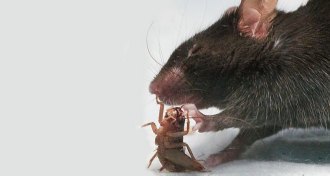 Neuroscience
NeuroscienceHow mice use their brain to hunt
Messages from the brain’s amygdala help mice chase and kill prey.
-
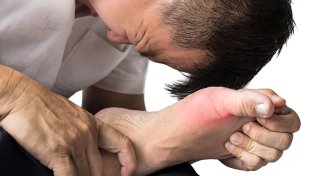 Neuroscience
NeurosciencePain promoter also acts as pain reliever
A pain-sensing protein also regulates activity of pain-relieving opioids.
-
 Neuroscience
NeuroscienceFacial-processing area of brain keeps growing throughout childhood
Contrary to scientists’ expectations, a facial-processing area of the brain grows new tissue during childhood, an MRI study suggests.
-
 Neuroscience
NeuroscienceHow scientists are hunting for a safer opioid painkiller
Scientists are sorting through chemical structures, twisting and turning known drugs and exploring new ways to ease pain.
-
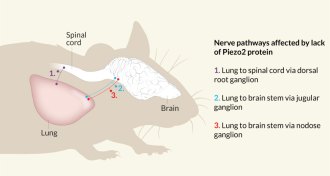 Life
LifeForce-detecting protein senses when lungs fill with air
A study in mice pinpoints a force-detecting protein that regulates breathing, previously implicated in touch.
-
 Health & Medicine
Health & MedicineMotherhood might actually improve memory
Having a baby changes all sorts of things, including a mother’s brain.
-
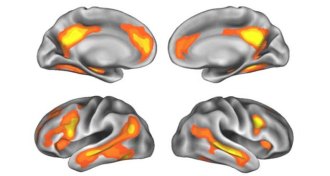 Neuroscience
NeurosciencePregnancy linked to long-term changes in mom’s brain
Pregnancy can sculpt a mother’s brain in a way that may help her tune in to her baby.
-
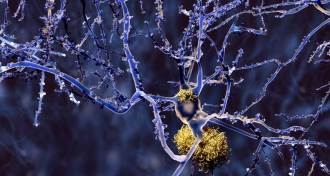 Neuroscience
NeuroscienceYear in review: Alzheimer’s drug may clarify disease’s origins
Researchers will now test whether a treatment that swept away amyloid brain plaques also improves cognitive performance.
-
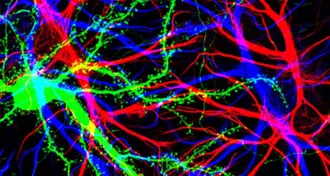 Neuroscience
NeuroscienceHealth official calls on neuroscience to fight mental illness
When it comes to mental health, all countries are developing countries, WHO official says, appealing to neuroscience for help.
-
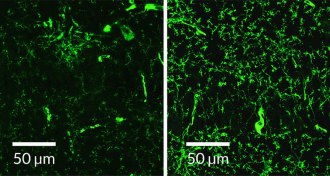 Neuroscience
NeuroscienceBrain waves show promise against Alzheimer’s protein in mice
Flickers of light induce brain waves that wash amyloid-beta out of the brain, mouse study suggests.
-
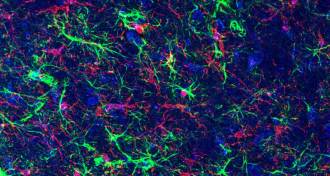 Neuroscience
NeuroscienceGut microbe mix may spark Parkinson’s
Parkinson’s disease symptoms might be driven by gut microbes
-
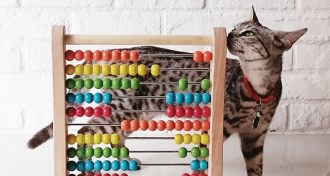 Animals
AnimalsAnimals give clues to the origins of human number crunching
Guppies, dogs, chickens, crows, spiders — lots of animals have number sense without knowing numbers.
By Susan Milius